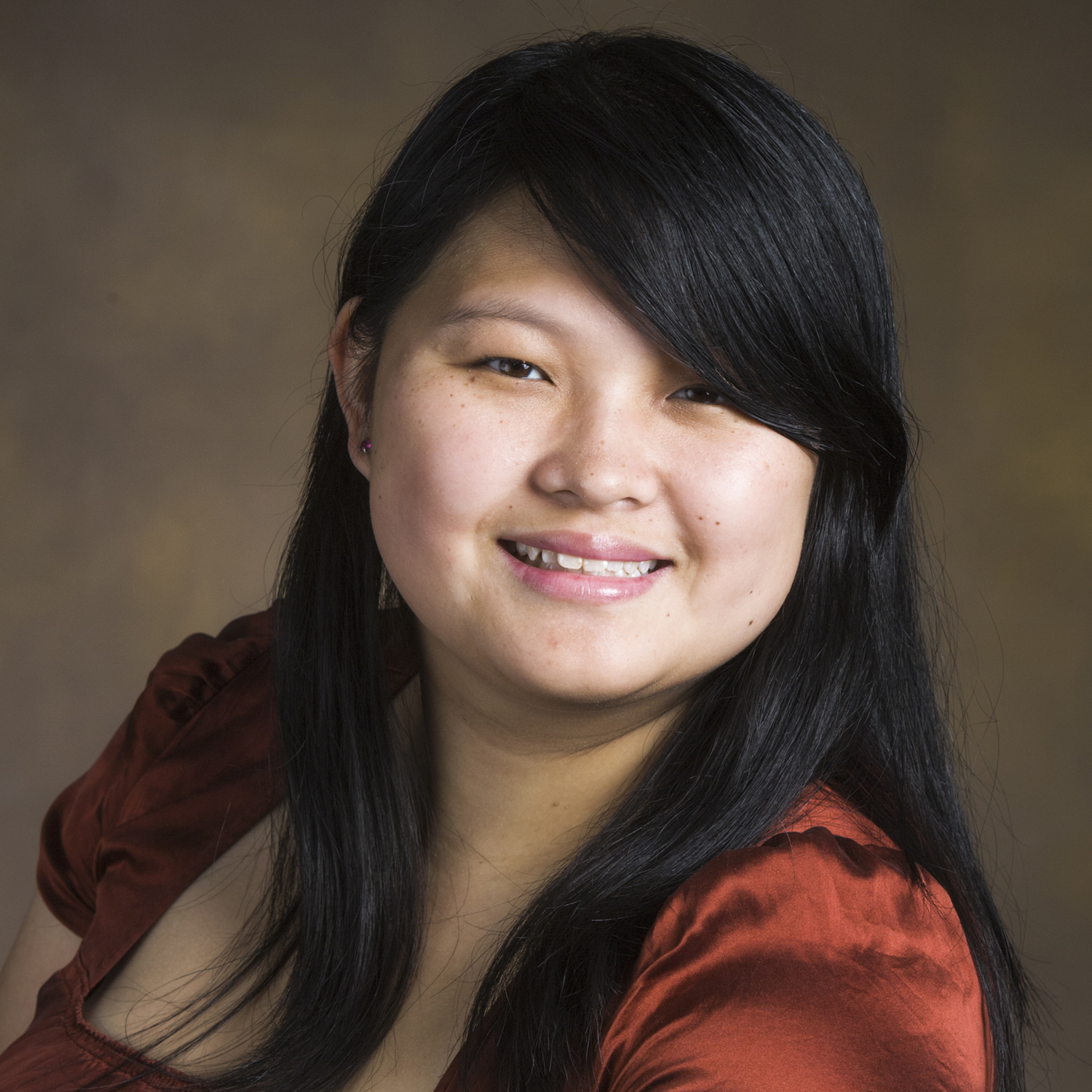Teaching Philosophy
Much of my identity as a bioengineer, a researcher, and an educator is shaped by the myriad of excellent teachers I’ve had in my life. I would not be an academic in STEM without my faithful teachers whom allowed me to stay in the labs after hours, whom ordered new chemicals for me to explore my ideas, and whom answered my numerous questions which were often loosely related to class. My goal as a teacher is to extend this passion for learning to my students and help them discover their own identity. In my classroom I aim to (i) inspire my students to learn and chase after their interests, (ii) teach strong fundamentals which can be applied to any career path, and (iii) teach how to utilize the plethora of resources available to tackle real world problems. In addition to these goals, I am very passionate about engineering education research and increasing the representation of minorities in STEM.
Teaching Awards
I received the UML Teaching Excellence Award from the Department of Biomedical Engineering in 2019. At the University of Illinois at Urbana Champaign, I have been listed in the U of I list of Teachers Ranked as Excellent for each semester taught with an outstanding ranking. I have also received the UIUC Bioengineering Department Teaching Excellence Fellowship and several others for my teaching experience and engineering education research. For full list of awards and award descriptions, visit the awards page.
